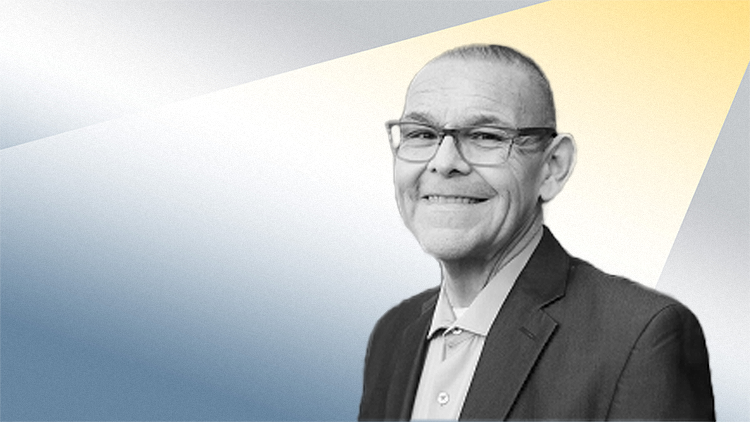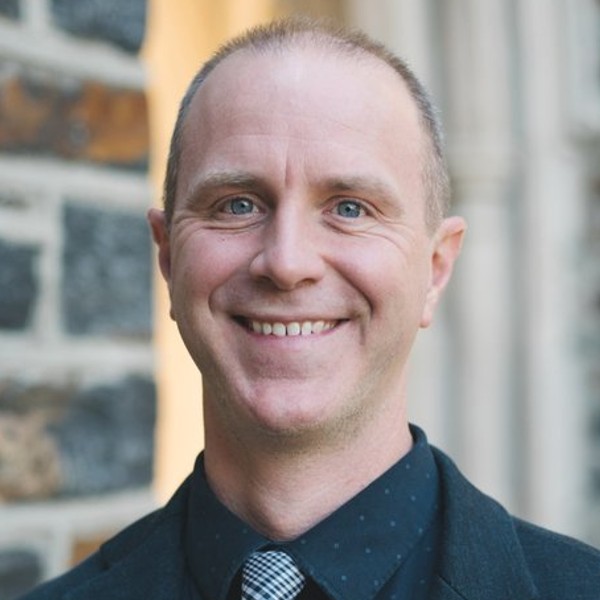There’s no shortage of data about the nature of American Christianity. National studies from organizations like Pew, Gallup and the Public Religion Research Institute offer valuable insights into trends in religious affiliation, attendance and generational attitudes. While these large datasets are useful for understanding broad cultural shifts, they fall short when it comes to capturing the specific, lived experiences of individual congregations and communities.
In today’s diverse and complex world, no single study can address the unique dynamics within every church. National data can point to trends, but it’s listening — deep, systematic and local — that drives meaningful transformation. In an era of declining institutional trust, the future of the church depends on leaders who prioritize relational ministry by hearing the needs of those they serve.
Knowing that 25% of Americans identify as “nones” offers context but doesn’t explain why someone in your congregation feels disconnected. Similarly, learning that one-third of young people feel lonely doesn’t address the struggles of a student in your care. While data points provide context, what truly matters is listening to personal experiences.
Listening is especially vital in this moment when institutional trust is at an all-time low. Across faith traditions, listening is emerging as a priority. One study by Gallup found that for Gen Z, “listening is more important than giving advice and reassurance.” A recent study on spirituality from Barna concluded that “positive spiritual conversations are more likely when Christians prioritize listening, not just speaking.”
To thrive in their own contexts, however, faith leaders must go beyond studies and treat listening as a sacred practice that builds trust and scales relational care to meet the needs of their unique communities.
Our research and personal experiences as churchgoers and parents indicate that listening is the radical approach needed to move the church forward. It’s how we dig deeply into our communities and build the kinds of relationships that can transform ministry.
The challenge with traditional relational ministry is that it’s not scalable. Religious leaders who are committed to this approach often rely on rudimentary systems to manage it. We call the most common method Sticky Notes and Lattes, which is meeting with people over coffee and making a note or reminder to follow up later. But we warn people that as these conversations multiply, leaders can face burnout and guilt from trying to hold too much information.
Relational ministry like this is limited by the carrying capacity of any one person. As one youth pastor told us last year, “I’m afraid to even have one more conversation, because I don’t know what I’d do if I had to keep track of another piece of information. I’d just end up letting that student down. There are only so many Post-it notes I can stick in my brain!”
We co-founded Future of Faith to address the core challenges surrounding relational ministry and listening. As sociologists, we recognized that other professions, like fundraising, sales and community organizing, manage hundreds or even thousands of relationships effectively. While these fields are different from ministry in many ways (especially in being more transactional than transformational), we felt that there was much to learn from their tools and approaches.
No one can sustain hundreds of relationships without a system. That’s why we’ve been developing listening tools based on what we call Sacred Listening Theory, designed to make relational ministry scalable and sustainable. You can’t have 300 cups of coffee each week, but with the right tools, you can build relationships with 300 people by having the right 10 cups of coffee each week.
Sacred listening transforms listening from a practical skill into a sacred act. At its core, it involves recognizing the divine in conversations and responding to each person’s needs.
Sacred listening is rooted in the concept of imago Dei, the belief that every person is created in the image of God. This principle frames every interaction as a sacred encounter, where the act of listening affirms the inherent dignity and divinity in the speaker. Listening is a spiritual practice that fosters connection and builds trust while gathering information.
Sacred listening also involves pattern recognition, identifying recurring themes and needs in multiple conversations. This helps leaders understand both individual and collective issues within their communities.
Together, these principles make sacred listening scalable, as the insights gleaned from individual conversations can be applied to the broader community and even involve more people in the collective ministry, guiding pastoral responses that are both relational and effective.
Trust in institutions may be historically low, but the one thing people do trust is relationships. The most promising pathway forward for engaging people and revitalizing our faith communities is to understand your community from the ground up. We often say at Future of Faith that the only data point that truly matters is the distance between you and the person sitting across the table from you.
It’s time to start closing that gap by using approaches that are smaller, more local and more attuned to the divinity in all of us. Sacred listening helps faith leaders create ministries that respond to the real, spiritual needs of their communities, one conversation at a time.















